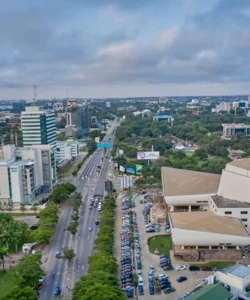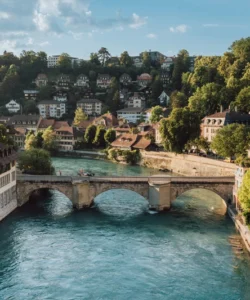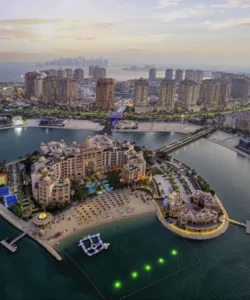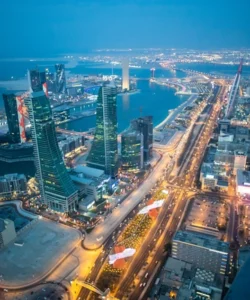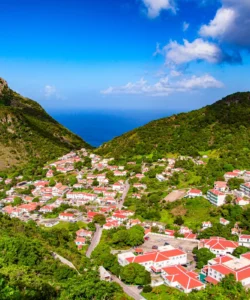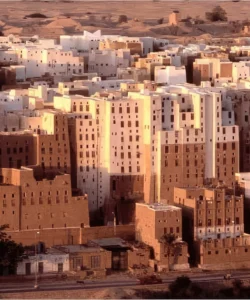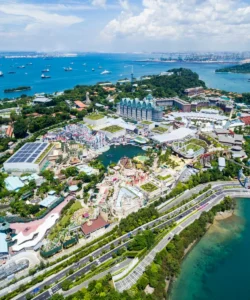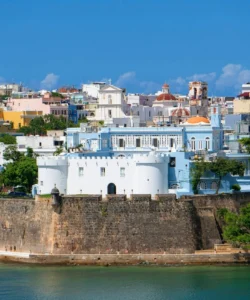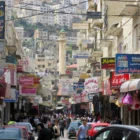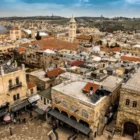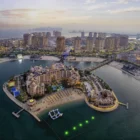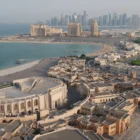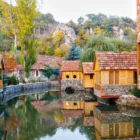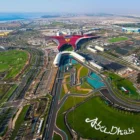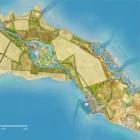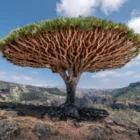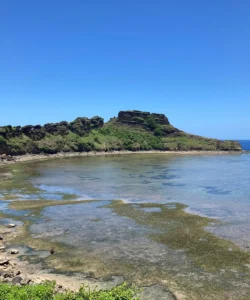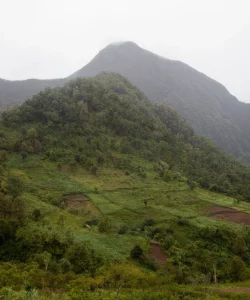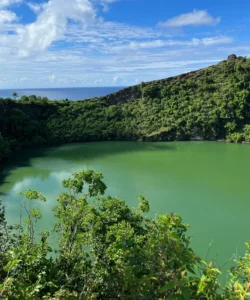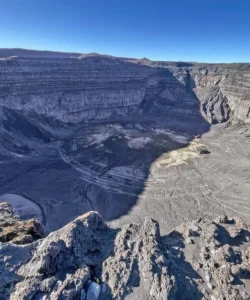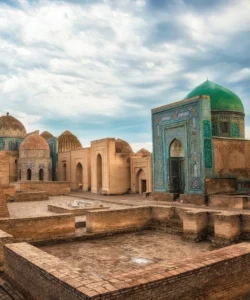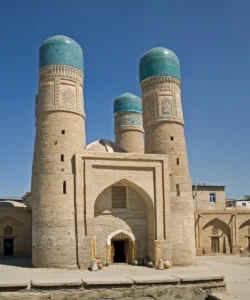Iraq, officially the Republic of Iraq, is a country in Western Asia with a rich and complex history. It is often referred to as the “Cradle of Civilization” as it was home to some of the world’s earliest urban cultures, including Sumer, Akkad, Assyria, and Babylon.
![]()
Area & Population:
Iraq has a total area of approximately 437,072 square kilometers. The country has a population of around 46.7 million people.
Language:
The official languages of Iraq are Arabic and Kurdish. Arabic is the most widely spoken language, while Kurdish is spoken in the Kurdistan Region in the north.
Currency:
The currency of Iraq is the Iraqi Dinar (IQD).
Religion:
Islam is the official and dominant religion in Iraq, with approximately 95-98% of the population being Muslim. The majority are Shia Muslims, while a significant minority are Sunni Muslims. There are also minority Christian and other religious communities.
Capital & Major Cities:
- Capital: Baghdad is the capital and largest city of Iraq. It is a historic city with a rich past, though it has faced significant challenges due to recent conflicts.
- Major Cities: Other important cities include:
- Mosul: The second-largest city, a major cultural and economic center in the north.
- Basra: A major port city in the south, often called the “Venice of the East” due to its canals.
- Erbil: The capital of the Kurdistan Region of Iraq, a fast-developing city with a well-preserved ancient citadel.
- Najaf: A major Shia holy city, home to the Imam Ali Shrine and the vast Wadi-us-Salaam cemetery.
- Karbala: Another major Shia holy city, famous for the Imam Hussein Shrine.
Attractions & Wonders (Note: Travel to Iraq, especially outside the Kurdistan Region, carries significant security risks and is generally not recommended for casual tourism):
Iraq is a country of immense historical and archaeological significance.
- Ancient Wonders:
- Babylon: The ancient capital of Babylonia, with the ruins of the city, the Ishtar Gate, and a replica of the Hanging Gardens.
- Ur: An ancient Sumerian city and a UNESCO World Heritage site, home to the Great Ziggurat of Ur.
- Hatra: An ancient fortress city and a UNESCO World Heritage site, famous for its grand temples and architecture.
- Samarra Archaeological City: Another UNESCO site, featuring the Great Mosque of Samarra and its unique spiral minaret.
- Nineveh: The ancient capital of the Assyrian Empire, located near modern-day Mosul.
- Uruk: One of the world’s first cities, in ancient Sumer.
- Religious Sites:
- Imam Ali Shrine (Najaf): A magnificent mosque and one of the holiest sites for Shia Muslims.
- Imam Hussein Shrine (Karbala): Another major Shia holy site, a destination for millions of pilgrims.
- Urban & Natural Attractions:
- Erbil Citadel: A UNESCO World Heritage site, one of the oldest continuously inhabited settlements in the world.
- The Mesopotamian Marshes: A unique wetland ecosystem in the south of Iraq, home to the Marsh Arabs and a variety of birdlife.
Architecture:
Iraqi architecture is deeply rooted in its ancient and Islamic heritage.
- Ancient: The country is famous for its ziggurats (stepped pyramids) and mud-brick structures.
- Islamic: Islamic architecture, with its beautiful mosques, intricate tilework, and geometric patterns, is prominent throughout the country, especially in the holy cities of Najaf and Karbala.
- Contemporary: In Baghdad and Erbil, there’s a mix of modern architecture alongside traditional and Ottoman-era buildings.
Roads:
Iraq’s road network has been severely affected by decades of conflict. While major highways connect key cities, many roads are in poor condition. Reconstruction efforts are ongoing, but travel can be difficult and dangerous.
Hotels:
Hotel options in Iraq are primarily found in major cities like Baghdad, Basra, and particularly Erbil in the Kurdistan Region, which has seen significant development. These range from international-standard hotels to more local accommodations.
Restaurants & Cuisine:
Iraqi cuisine is a rich and flavorful part of Middle Eastern gastronomy, with influences from Persian, Turkish, and Arab cultures.
- Key Dishes:
- Masgouf: The national dish, a slow-roasted fish (usually carp) that is a specialty of Baghdad.
- Kubba: A variety of dumplings, often filled with meat and either fried, boiled, or baked.
- Dolma: Stuffed vegetables (like grape leaves, onions, or zucchini) with a filling of rice and minced meat.
- Quzi: A whole roasted lamb or mutton stuffed with rice, nuts, and spices.
- Tepsi Baytinjan: A hearty casserole made with eggplant, meat, and vegetables.
- Dining Scene: Dining in Iraq can range from simple street food stalls to more formal restaurants. Tea houses (chaykhana) are a central part of social life.

